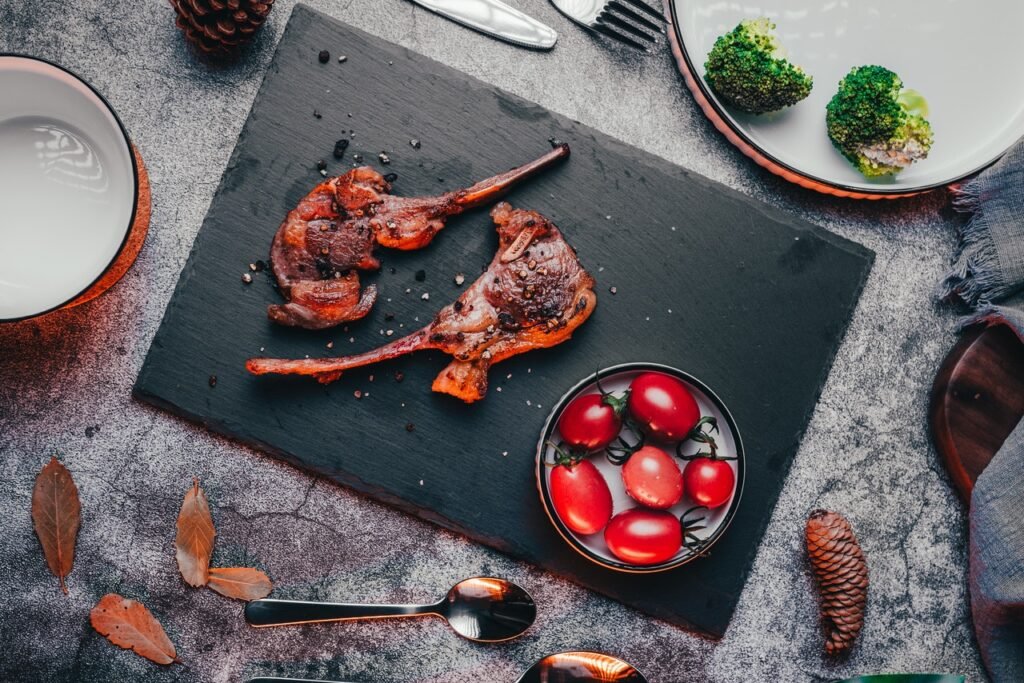The paleo diet is a popular eating trend, but it’s not the best plan for everyone. Our registered dietitians explain the diet, the health benefits it can provide, and the health risks it can bring.

What’s the problem?
Trees are more important today than ever before. More than 10,000 products are reportedly made from trees. Through chemistry, the humble woodpile is yielding chemicals, plastics and fabrics that were beyond comprehension when an axe first felled a Texas tree.
The popular Paleolithic diet, or paleo diet, centers on the idea that eating like our ancestors aligns with our genetics and promotes good health. It’s also known as the caveman, Stone Age, or steak and bacon diet. A paleo dieter’s food choices are limited to what could be hunted, fished, or gathered in prehistoric times such as meats, fish, and vegetables.
The theory is that the rise in chronic diseases in modern society stems from the agricultural revolution. It suggests that adding grains, legumes, and dairy to meals may lead to a host of chronic diseases and conditions — from obesity to allergies.
UC Davis Health registered dietitians answer some of your questions about the paleo diet.

Is the paleo diet healthy?
Long-term studies don’t offer much information on how the paleo diet affects health. However, the diet has the potential to be a healthy way of eating. The typical paleo diet focuses on naturally raised meat and fish, as well as vegetables and fruits. It promotes avoiding dairy products and grains.
This diet can put you at risk for deficiencies in calcium and vitamin D, which are critical to bone health. At the same time, you may consume saturated fat and protein far above recommended levels due to eating so much meat. This can cause an increased risk of kidney and heart disease and certain cancers.
Did cave people really eat mostly meat?
People living in the Paleolithic period, or “cave people,” ate whatever their surroundings offered them. When surrounded by fish or marine life, that’s what they ate. In tropical habitats, people ate a variety of plant and animal foods. Calling a diet that consists mostly of protein the “paleo diet” isn’t accurate. Also, people living in earlier times simply didn’t live to the age when chronic diseases typically emerge.
